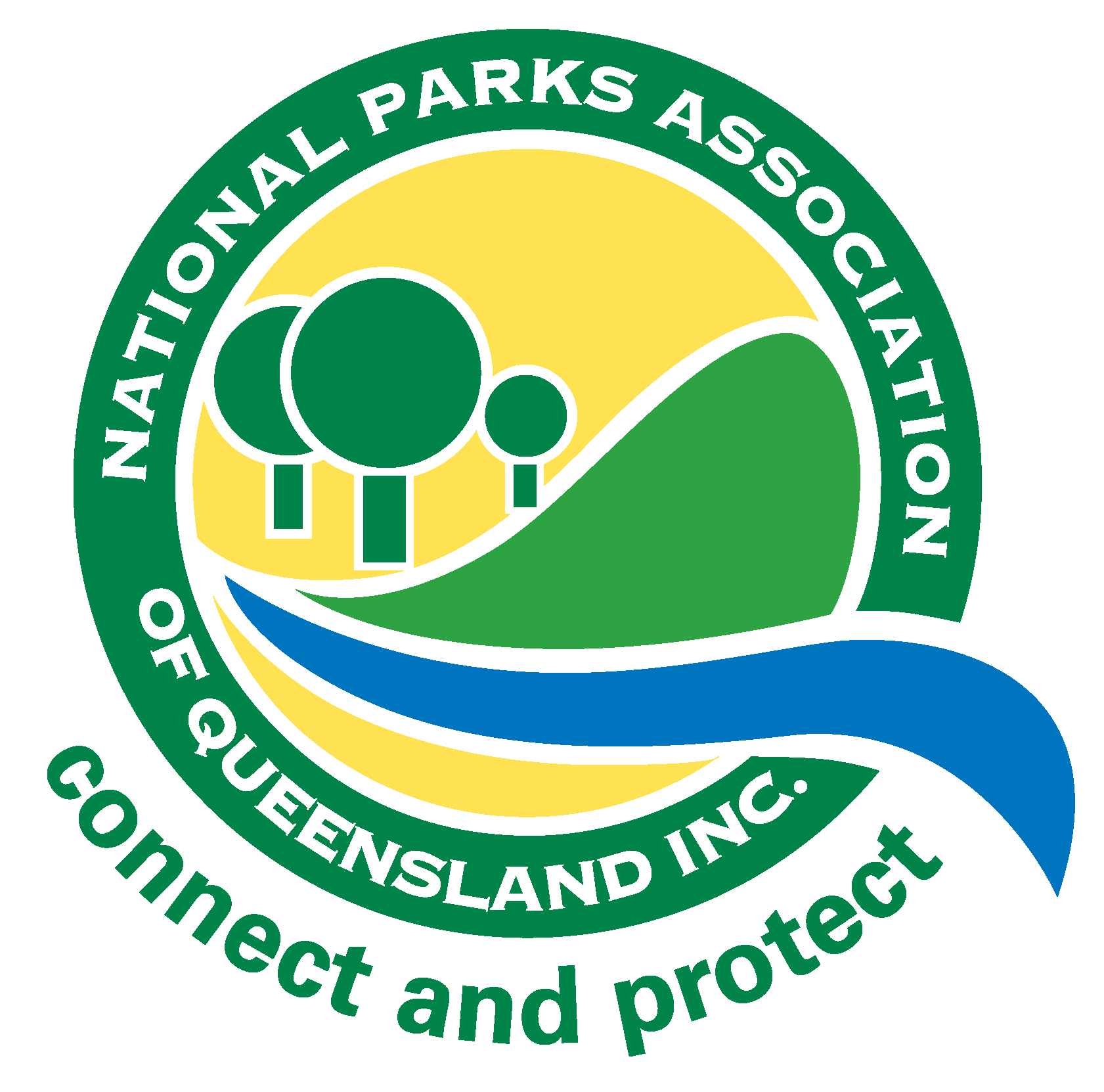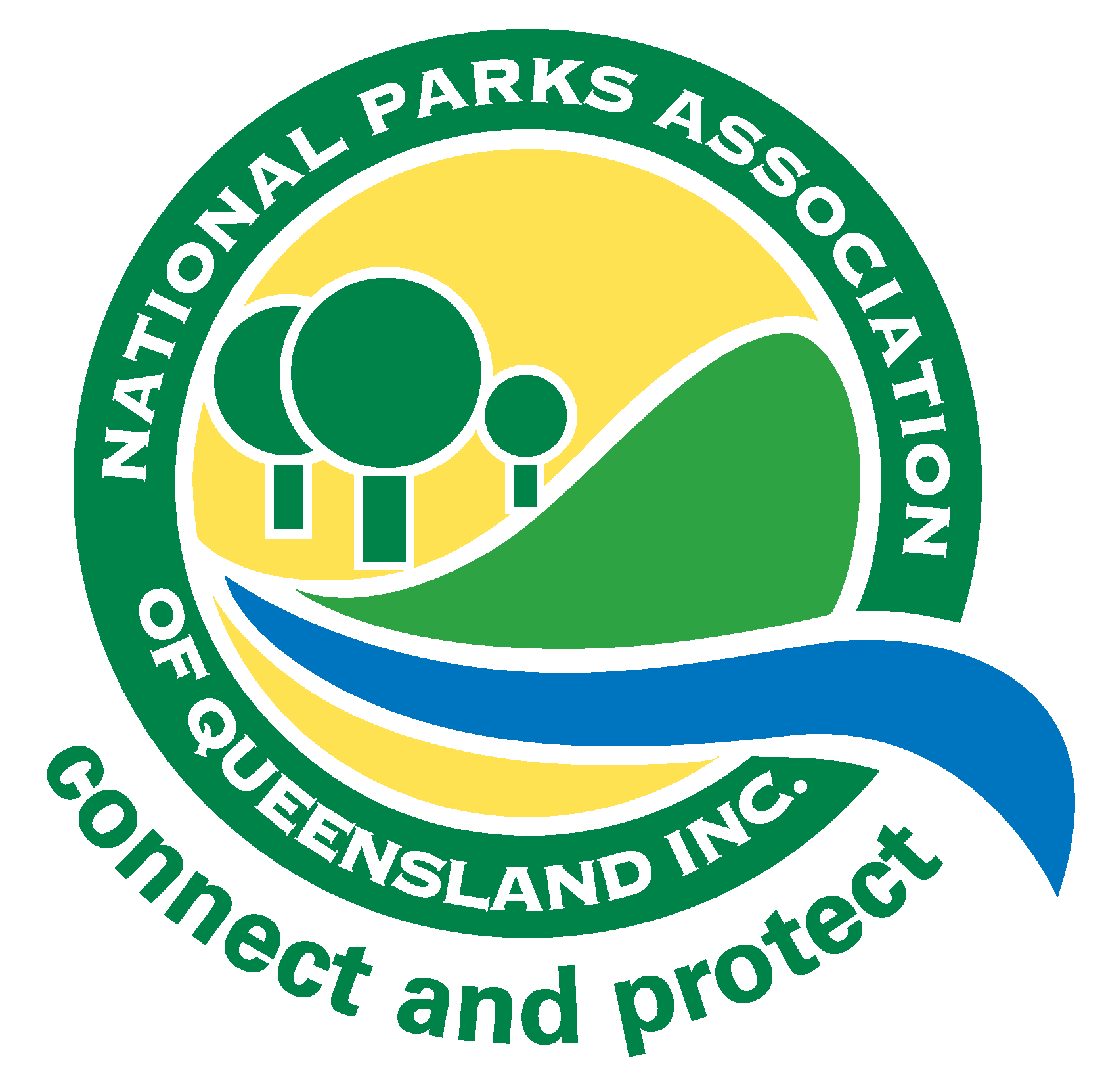Ecotourism, National Parks
Eco tourism – review real costs & benefits
Brett Godfrey, the chair of Tourism and Events Queensland has recently provided commentary on a debate which has been going on for some time. His opinion piece on the 9th of January in the Courier Mail, makes some very salient points.
In it, he states that:
There are both good intentions and good reasons for not allowing further access to our national parks.
I passionately believe few tourism activities are even suitable for national park consideration….
I do believe in more national parks, not less and that the sustainability of eco businesses are environmentally dependent.
We at NPAQ appreciate these more considered views being expressed by Mr Godfrey, a welcome change from his previous remarks to the Courier Mail on 23 December.
The title of Mr Godfrey’s piece contains the term “best practice”. An often used term open to interpretation. What are the criteria to determine best practice – zero impact on biodiversity? The level of comfort of walkers? (Andrew Roberts, Director of Commercial and Business Services, Tasmanian Parks and Wildlife Service stated in the 2012 Parliamentary Committee of Public Works examining the then proposed Three Capes Track, “The facility is built for user comfort and there is no hiding from that”). The heading also states that national parks “will benefit”. We ask where is the science that shows this is the case? Mr Godfrey seems to acknowledge this lack of evidence by proposing that the NZ and Tasmanian models be investigated, but also seems to pre-empt the findings by saying their parks are showcased “without adversely affecting biodiversity values.”
Mr Godfrey’s main argument for more intensive ecotourism in national parks is that there will be increased economic activity (which we do not dispute for the short term), and an appeal to out compete the other states.
Maybe as the smart state, we could do things differently.
Mr Godfrey needs to explain his statement parks are given “added intrinsic value through sensitive sustainable tourism”.
The Three Capes walk consists of some 60 km of track (about 40km of which was new), overnight nodes with cleared fire zones, two jetties, and gateway infrastructure. Construction would have caused biodiversity impacts and operational risks remain, e.g. the spread of destructive phytophthora moulds. Roads are not used for access, however, signs warn walkers of low flying helicopters required to resupply gas and remove sewage. With increasing comfort for walkers comes increasing complexity and risk.
Before we follow other states starry eyed about potential short-term gains, let us examine the costs and benefits of existing ecotourism developments. With this knowledge, there is an opportunity to demonstrate real leadership rather than copy others.
Graeme Bartrim
President – National Parks Association Queensland
You can support our ongoing work by signing up for e-mail updates, following us on facebook and donating here.
Additional information and source content:
Original article from Tourism and Events Queensland chairman Brett Godfrey.
Letters to the Editor, public response to Brett Godfrey’s article.
Response from Graeme Bartrim, NPAQ President
Brett Godfrey follow-up article.



Hi there, I don’t usually comment on these things but after hearing more on this issue and particularly after I saw the documentary ‘Chasing Coral’ I feel really strongly about preserving our National Parks for the future. With the new age of online technology can’t we as humans be happy to view things virtually? I’d be happy to see the three capes walk as a virtual tour! I am a keen bush walker but know the impact it has. Maintaining these tracks must cost a fortune. As for cutting down more trees to make way for development, its got to stop!